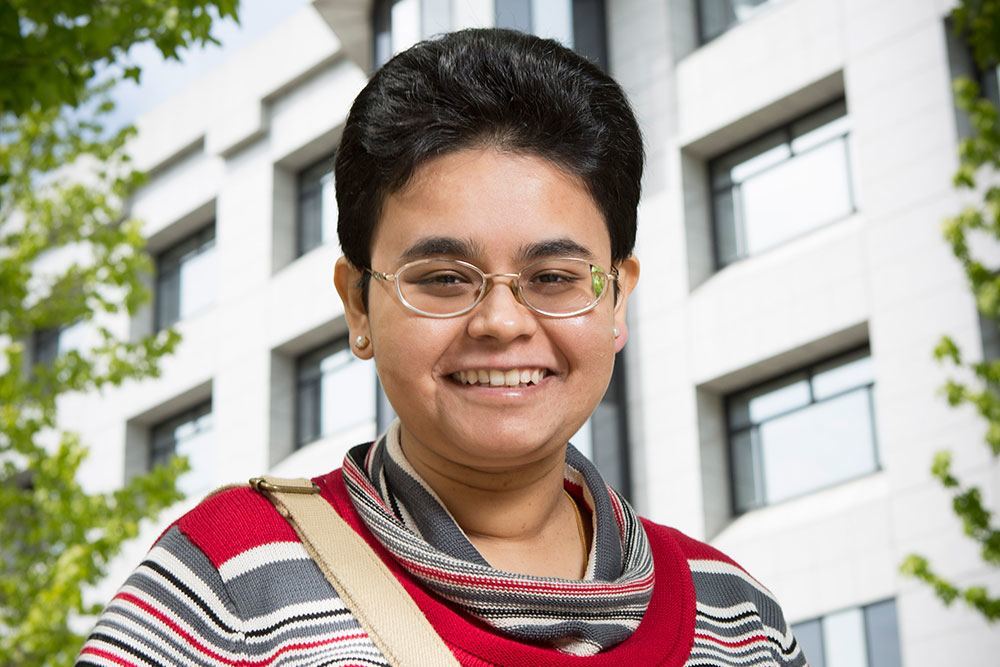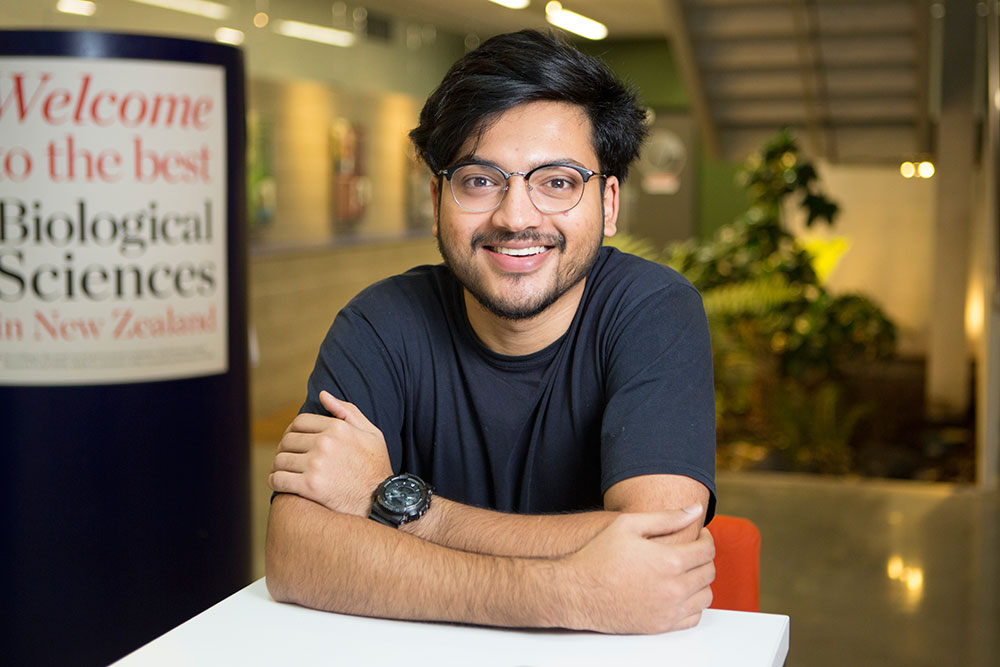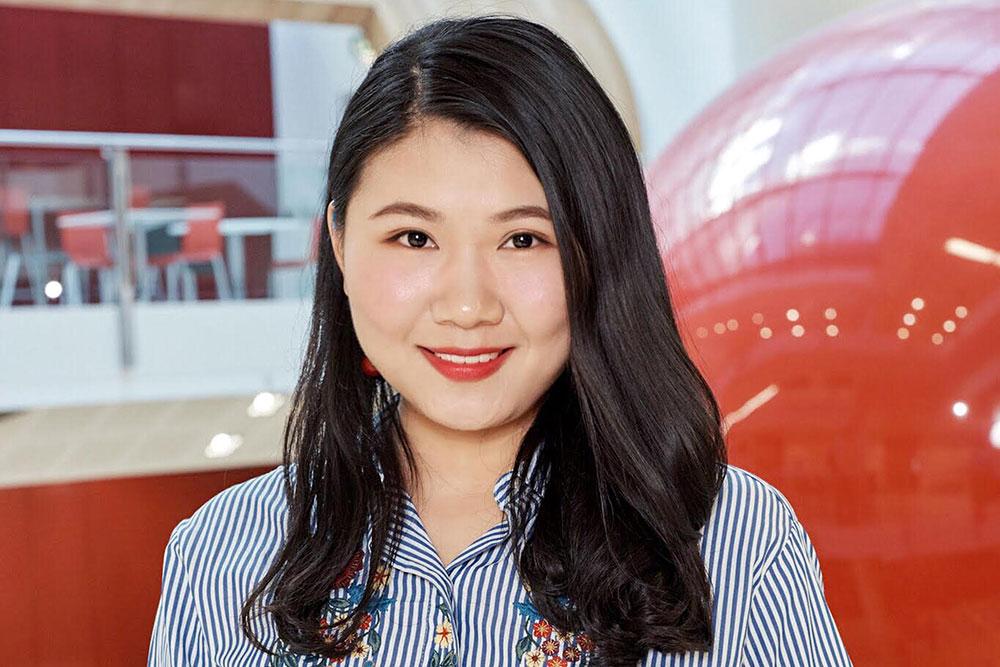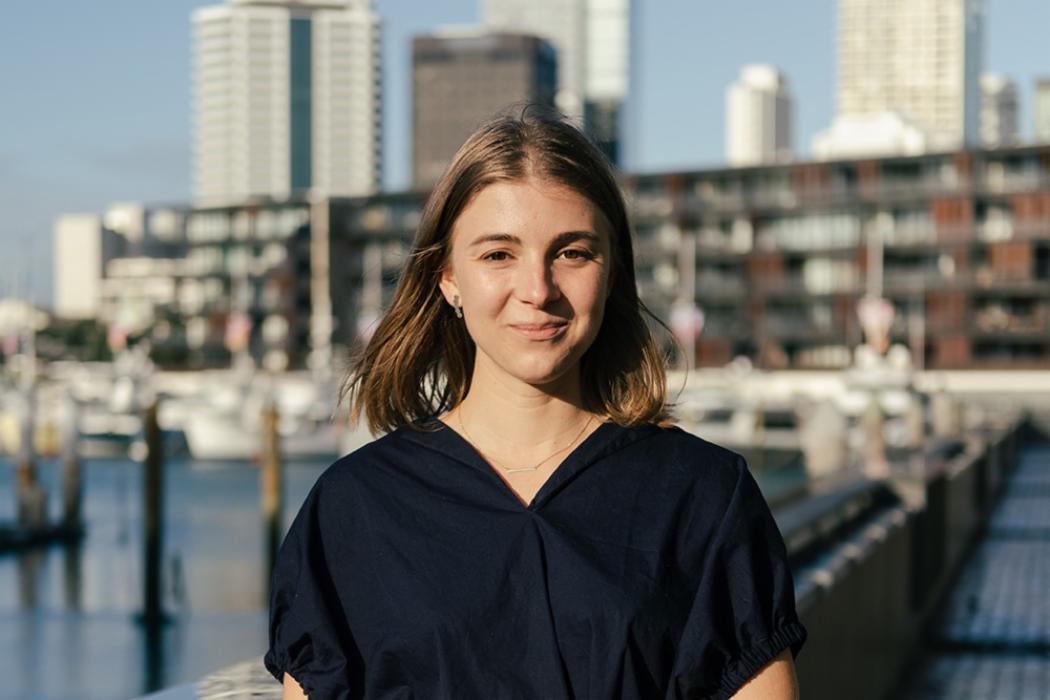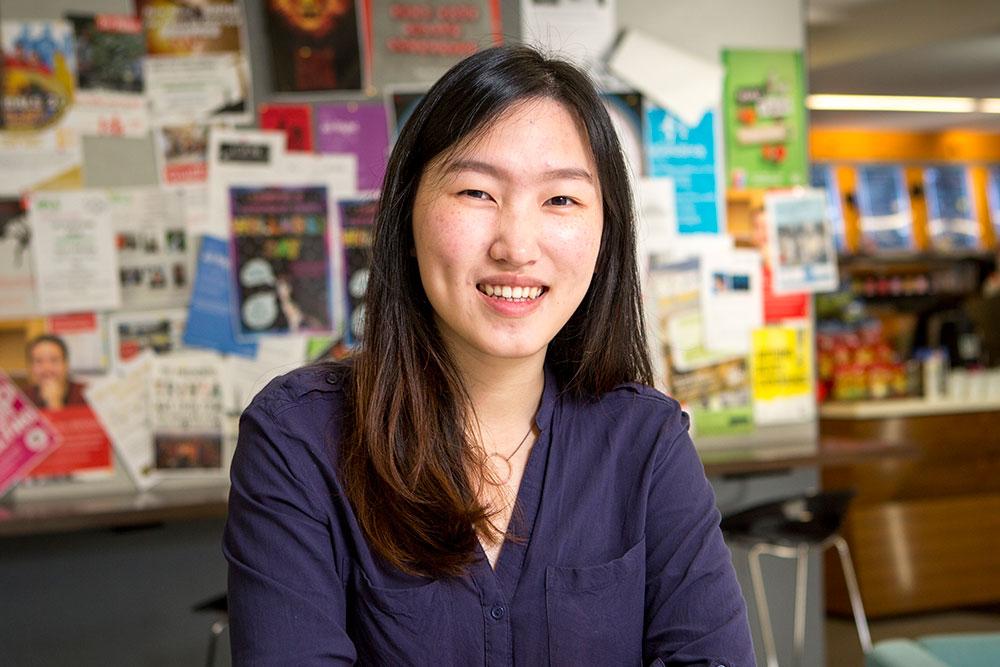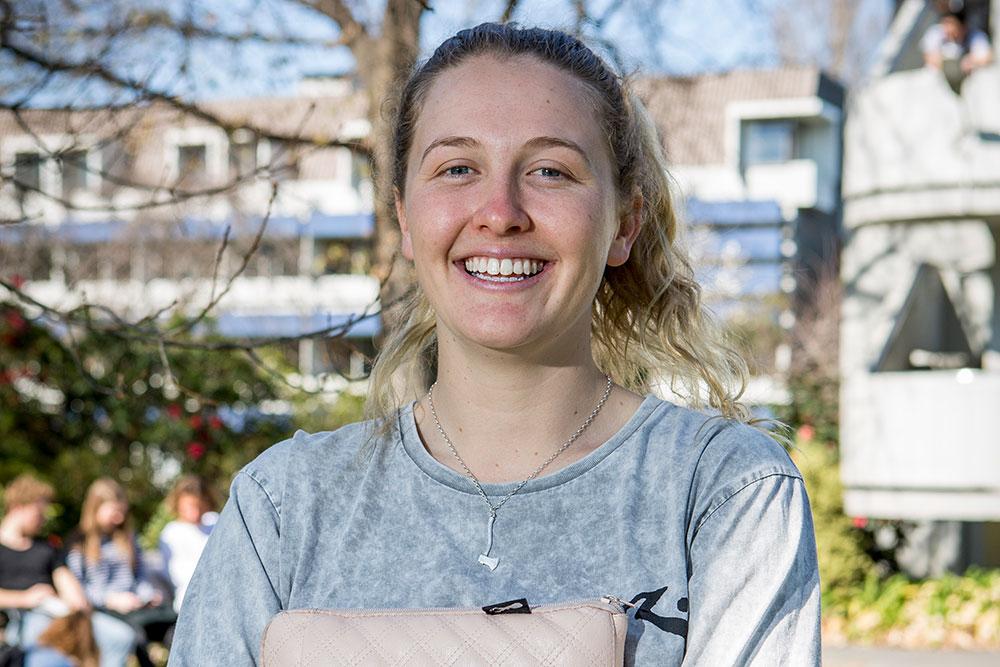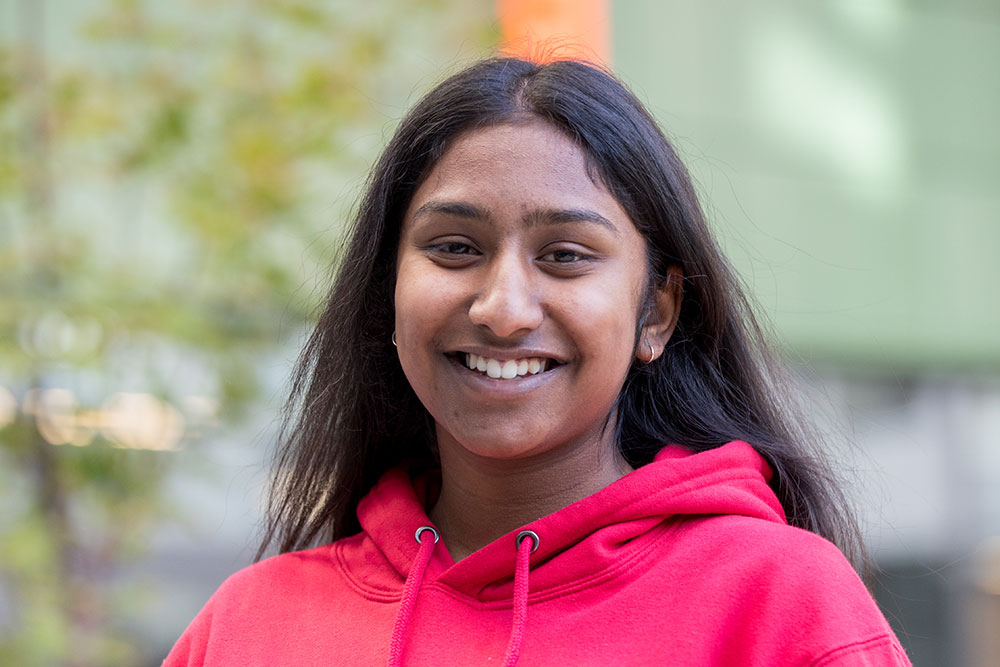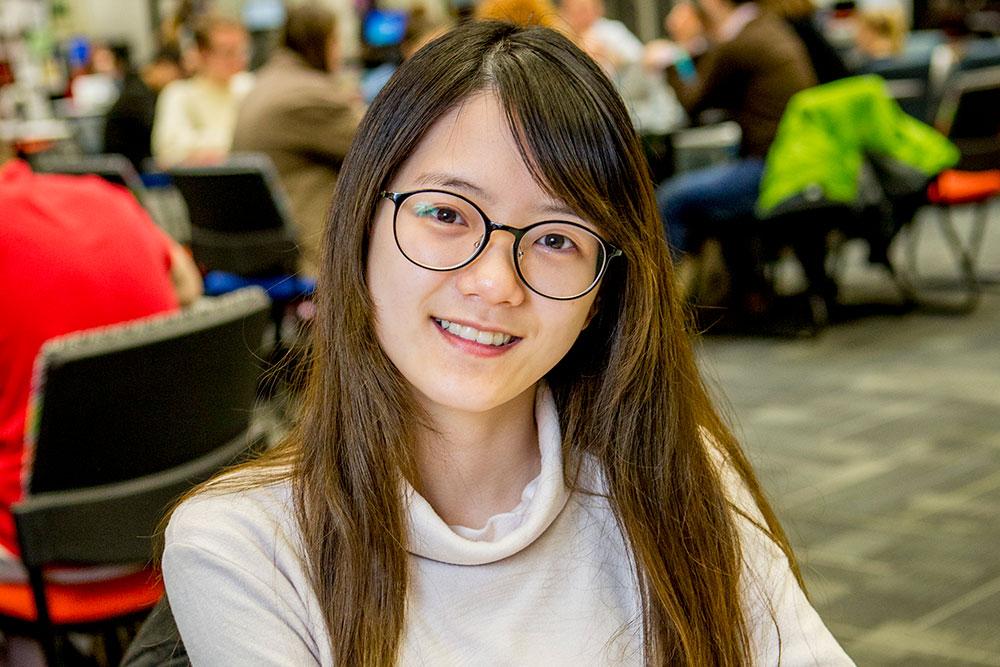Bachelor of Laws
Bachelor of Science with Honours in Biochemistry
Studying towards a PhD in Biochemistry
After her undergraduate studies in Law and Biochemistry, Hannah worked in New Zealand and Australia as a litigation lawyer in commercial firms. Later down the line, she decided to make a ‘radical career move’ and returned to UC for postgraduate studies in science.
"Ultimately I chose to return to UC because I really enjoyed my undergraduate and I knew there would be good people to work with and the opportunity to collaborate along the way," she says.
Hannah initially found returning to UC a big adjustment, but encourages other mature students to look for support from the community to make the transition back to study easier.
"Joining into student life as a mature student can be a bit daunting, self-directed study in a different area is a big change from billing in six-minute units,’ she says. ‘Choosing an area that interests you and finding supervisors that are supportive and responsive is really important. My research group meets weekly for a banter and a few beers – this has been a great way to connect with others."
Returning to Biochemistry was inspired by the subject’s breadth of research fields and the chance to explore areas that tweaked her curiosity.
"I particularly like Biochemistry because it is diverse and incorporates a range of disciplines. The dynamic and variable nature of proteins makes them curious beasts, they do (almost) everything in the cell. Studying them is both exciting and bamboozling."
Her honours degree was good preparation for her current studies. She earned a number of scholarships for summer research and began her PhD with a UC Connect Doctoral Scholarship in collaboration with AgResearch Ltd.
"An undergraduate in science fostered the critical methodical thinking needed for PhD research, while studying (and practicing) law helped me to be organised and manage time. I am fortunate enough to have a scholarship. My goals are for my PhD to be influential and to gain a sound knowledge in a range of proteomic techniques, particularly mass spectrometry so that I have options available to me post-PhD."
Hannah’s project looks into the crosslinks that form in food proteins during processing and can consequently influence the texture, colour, flavour and nutritional value of food.
"The project investigates the elusive relationship between structure and function and how crosslinks, that play a role in a protein’s structure, affect the function of protein after it is processed. Crosslinking in proteins is a notoriously tricky area. Although crosslinking provides a means by which the food industry can manipulate the functional properties of food, many types of crosslinks are not well understood and there is no routine method of analysis."
"I like the project because it is in a challenging area and because it has utility. I am looking at crosslinks in proteins from milk, one of NZ’s biggest commodities and an important ingredient in many foods."
She uses a suite of equipment from AgResearch Ltd to analyse proteins with mass spectrometers.
"The technology available to me at AgResearch is impressive, mass spectrometers are seriously fancy machines. I never fail to be amazed by how powerful and specific mass spectrometers are despite being based on such a simple theory - smash up tiny amounts proteins into charged fragments and make them fly."
"Working at AgResearch complements student life at UC really well; I have the privilege of experiencing a research & development company that gives me access to a range of professional scientists with deep pools of knowledge who are really interested in the project and only too happy to help me out."
Being able to come back into study and investigate such an impactful area of Biochemistry has made Hannah appreciative of her decision to return and she looks forward to what the future holds for her research.
"I am lucky to have a project with a wide scope and be given the freedom to read into the subject and decide what areas I would like to investigate further,’ she says. ‘Although I am responsible for designing and carrying out my own experiments, I have supervisors to bounce ideas off who patiently critique my designs and help interpret funky results."


